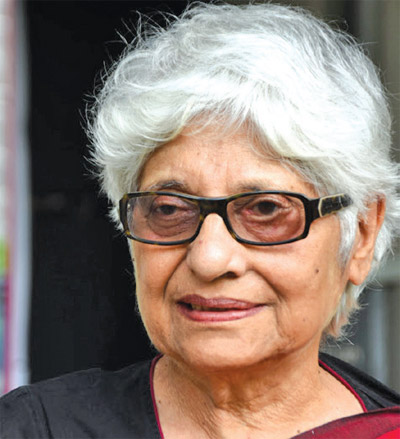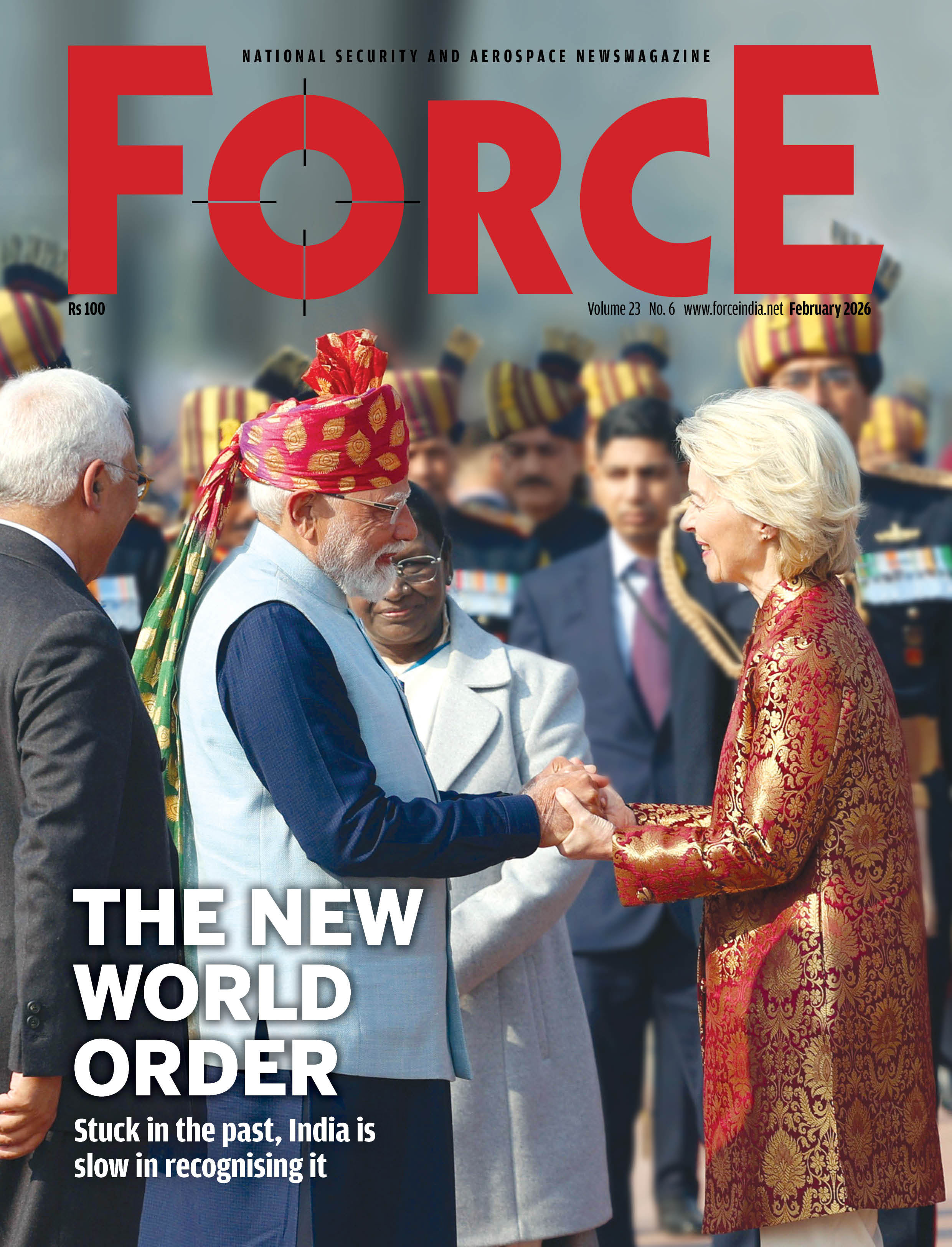Books | The Need to Survive And Triumph Politically, to Wrest Power or to Retain it, Have Been Strong Driving Forces of Decision-Making at the Top
 Neerja Chowdhury, author of How Prime Ministers Decide
Neerja Chowdhury, author of How Prime Ministers Decide
What prompted this book? Did you visualize it as a record of India’s contemporary history?
During the years when I was writing on Indian politics, which included writing about prime ministers, I realised that the real story about how they made decisions did not come out—the pulls and pressures they were subjected to, the machinations and manipulations that went on behind the scenes, the backstabbing—though often there were also flashes of wisdom. This was a story that needed to be told.
What was the process of conceptualization? Since the book is based on not only your own observations/ interactions, but interviews with others, how did you decide which aspects to include and what to exclude?
I decided to scrutinize specific decisions by six prime ministers—decisions whose impact had lasted beyond the term of the prime ministers. In the case of Indira Gandhi, for instance, I decided not to look at the creation of Bangladesh or the Emergency for a lot had been written about them. I decided to look at why Indira Gandhi went in for elections in 1977—when there was no compelling reasons for her to do so, for she seemed to be on top of the situation. This is a subject which continues to tantalise analysts even today. Did Nehru’s daughter overpower Sanjay (Gandhi’s) mother? Or were there other factors at play—which I have looked at.
I was also fascinated by how Indira Gandhi bounced back to power only after 33 months after the rout of the Congress party in 1977—winning ove
Subscribe To Force
Fuel Fearless Journalism with Your Yearly Subscription
SUBSCRIBE NOW
We don’t tell you how to do your job…
But we put the environment in which you do your job in perspective, so that when you step out you do so with the complete picture.








 VIDEO
VIDEO